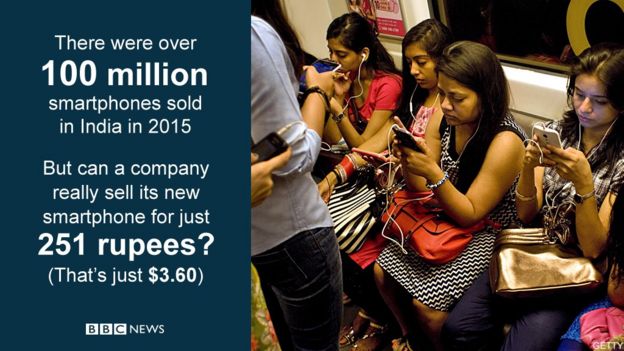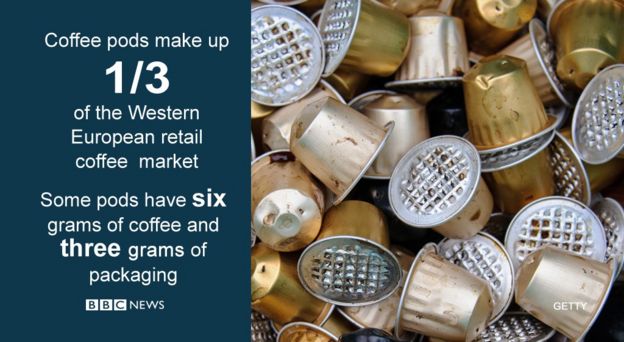Unfortunately the answers are given at the end of the article, so you might want to use this cut-down version:
Shoppers 'fail to spot cheapest deals'
Most grocery shoppers are unable to identify the cheapest deals when faced with a blizzard of "special offers" in stores, financial experts say.
The Money Advice Service asked just over 2,000 consumers to select the best value deals from four sets of offers. Only 2% of those asked answered all four questions correctly.
In the survey, 76% of those asked said they spent more than they intended, after being enticed by special offers, paying an average £11 extra per shop.
Later on Thursday, Sainsbury's announced that it would phase out multi-buy promotions by August 2016. Sainsbury's Marketing Director, Sarah Warby said customers had told them they found multi-buy promotions "confusing" and created "logistical challenges at home in terms of storage and waste." The government-backed Money Advice Service said shoppers should look at the price per unit to compare costs. It also suggested making, and sticking to a shopping list.
Special offers test
The Money Advice Service tested shoppers with the following questions (answers at the bottom)
1. Of the following options for milk, which represents the best deal?
a) Six pints of milk for £1.80
b) Four pints of milk for £1.40
c) Two six-pint cartons of milk on offer for £3.50
d) Two four-pint cartons of milk on offer for £2
2. Of the following options for buying 500g of lemons, which represents the best deal?
a) One 500g pack of lemons costing £1.20
b) 500g of loose lemons at £2.50 per kilo
c) Buy two get the third free deal on 200g packs of lemons costing 70p each
d) Buy one get one half-price deal on 250g packs of lemons costing 70p each
3. Of the following options for buying tomato ketchup, which represents the best deal?
a) One 460g bottle on offer at £1.50
b) One 910g bottle costing £2.49
c) Buy one get one half-price deal on 700g bottles costing £2.29 each
d) One 1.35kg bottle costing £3.50
4. Of the following options for buying eggs, which represents the best deal?
a) Six medium eggs for £1.10
b) Ten medium eggs on offer for £1.50
c) Fifteen medium eggs for £2.10
d) Two packs of six medium eggs on offer for £2
e) Buy one get one free offer on packs of 10 medium eggs priced at £2.20
Other possible questions:
The Money Advice Service tested shoppers with the following questions (answers at the bottom)
1. Of the following options for milk, which represents the best deal?
a) Six pints of milk for £1.80
b) Four pints of milk for £1.40
c) Two six-pint cartons of milk on offer for £3.50
d) Two four-pint cartons of milk on offer for £2
2. Of the following options for buying 500g of lemons, which represents the best deal?
a) One 500g pack of lemons costing £1.20
b) 500g of loose lemons at £2.50 per kilo
c) Buy two get the third free deal on 200g packs of lemons costing 70p each
d) Buy one get one half-price deal on 250g packs of lemons costing 70p each
3. Of the following options for buying tomato ketchup, which represents the best deal?
a) One 460g bottle on offer at £1.50
b) One 910g bottle costing £2.49
c) Buy one get one half-price deal on 700g bottles costing £2.29 each
d) One 1.35kg bottle costing £3.50
4. Of the following options for buying eggs, which represents the best deal?
a) Six medium eggs for £1.10
b) Ten medium eggs on offer for £1.50
c) Fifteen medium eggs for £2.10
d) Two packs of six medium eggs on offer for £2
e) Buy one get one free offer on packs of 10 medium eggs priced at £2.20
Other possible questions:
- Roughly how many people got all four questions right?
- 76% spent £11 more (on average). How much (on average) was spent by each person?
- Why might you sometimes not want to buy the best value option?
Answers to the quiz:
1d (25p per pint); 2d (£2.10 per kilo); 3c (£2.45 per kilo); 4e (11p per egg)
Source:






